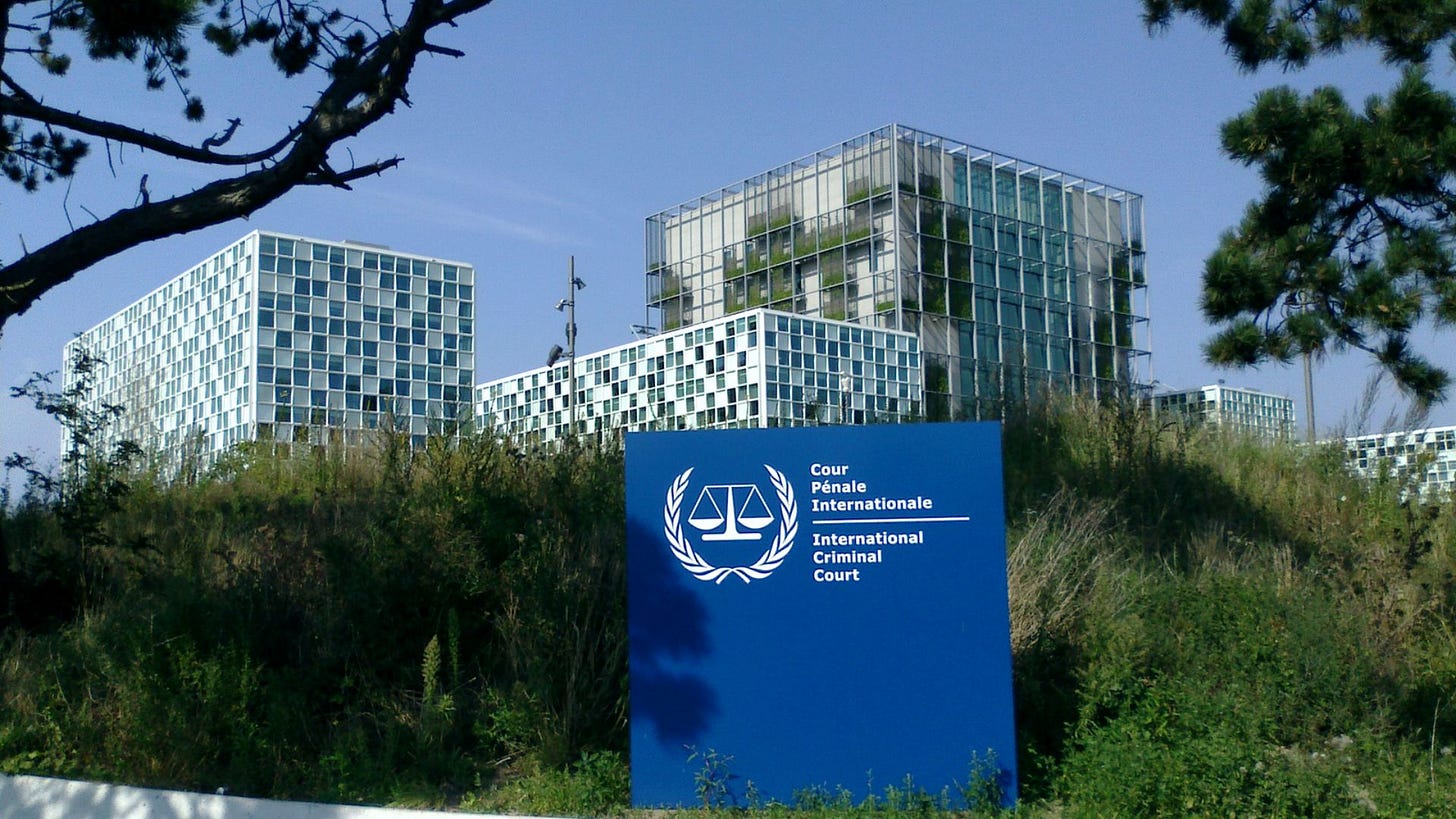Background and Response to the ICC Case Against Israel
Jewish Federation Israeli Emissary, Omer Karavani, shares his thoughts on the recent ICC arrest warrant issued for Israel's leaders.
What is the International Criminal Court (ICC) and why was it established?
The International Criminal Court (ICC) was established in 1998 by the Rome Treaty with the aim of investigating and prosecuting individuals suspected of committing the most serious crimes of international concern, including genocide, crimes against humanity, war crimes, and the crime of aggression. It was specifically created for countries that do not have an independent judiciary. That is why neither the United States nor Israel are signatories of the Rome Treaty.
The Case Against Israel and Arrest Warrants
The ICC Prosecutor Karim Khan said this on the issuance of arrest warrants of Netanyahu and Gallant:
“With respect to Israeli Prime Minister Benjamin Netanyahu, and former Israeli Minister of Defense Yoav Gallant, the judges of the International Criminal Court have found that there are reasonable grounds to believe that each has committed the war crime of using starvation as a method of warfare and crimes against humanity of murder, persecution, and other inhumane acts, as a direct perpetrator, acting jointly with others. The Chamber also found reasonable grounds to believe that they are each responsible for the war crime of intentionally directing attacks against civilians as a superior.”
Double Standards and Bias Against Israel
The question that needs to be asked is this: By issuing these arrest warrants, is the ICC biased against the state of Israel?
My answer is yes.
Why have leaders of other countries, such as Bashar al-Assad in Syria, Xi Jinping in China, and Ali Khamenei in Iran who are suspected of committing far more serious crimes not being investigated by the ICC?
The argument is that the ICC chooses to focus on Israel, a democratic country, while ignoring serious crimes committed in other countries. Israel claims that it is the only Western country being investigated by the ICC, and that this indicates political bias against it.
Denial of Accusations and Evidence
Israel denies all allegations against it. It claims that it is acting to protect its citizens and uses force only when necessary.
Israel is seeking the destruction of Hamas, not the Palestinian people. Israel's campaign in Gaza is an act of self-defense, and Israel goes to great lengths to prevent civilian casualties.
Moreover, contrary to the false claims of the ICC, Israel has worked hard to facilitate the entry of humanitarian aid into Gaza.
According to the website of Israel’s Coordinator of Government Activities in the Territories (COGAT), since the war began more than 58,000 trucks with 1,149,932 tons of humanitarian aid have entered Gaza.
The Principle of Complementarity, and Why the US is Opposed to the ICC
The principle of complementarity is a central principle in the Rome Statute which created the ICC. The principle says that the ICC will act only when the state itself is unable or unwilling to investigate, prosecute, and judge their own people.
We know that Israel has a strong independent judiciary that investigates, prosecutes, and judges soldiers, prime ministers and presidents that commit crimes.
For example, former President Moshe Katsav and former Prime Minister Ehud Olmert were both convicted of crimes and given prison sentences.
Israel’s commitment to justice is something that is already happening, which means that technically, if and when Israelis are being accused of committing crimes against humanity they will be judged in Israel. Therefore, the ICC should drop its case.
Finally, the United States opposes the ICC, partly because of the principle of complementarity. The United States argues that the ICC undermines the sovereignty of states and undermines their ability to deal with crimes committed on their territory.
Omer Karavani
Israeli Emissary
israel@thejewishfed.org


